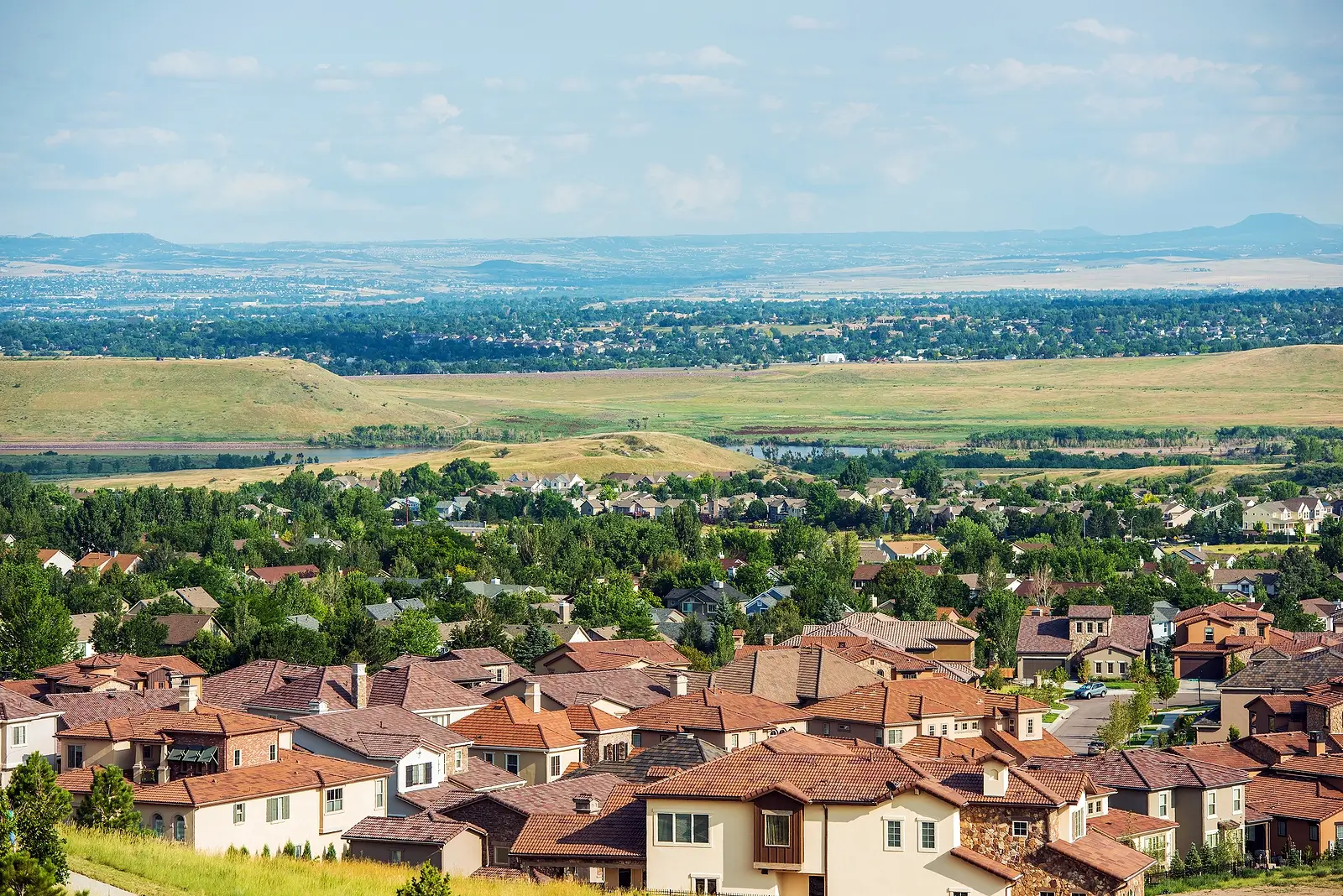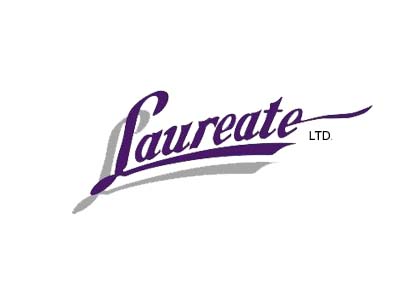Just as a breakout artist dominates the charts, certain suburbs around Denver are stepping into the limelight, turning from quiet supporting players into promising acts for real estate investment.
The Mile High City's expanding appeal now radiates into its surrounding communities, presenting fresh goldmines for savvy investors like you. The key is knowing which neighborhoods are poised for significant gains and where your capital will see the most growth.
In this article, you'll get an overview of fast-growing Denver suburbs, understand the forces driving development, and learn how to identify the most promising spots for your investment strategy.
Key Takeaways
Look Beyond the Core: Suburbs like Arvada, Lakewood, and Aurora currently offer strong growth, affordable options, and high rental demand.
Industrial and Infrastructure Growth: Job creation in tech, healthcare, and services is fueling population growth; transit lines and infrastructure are boosting accessibility and value.
Actionable Investment Insights: Target areas with new development, stable schools, and ongoing municipal improvements for reliable long-term returns.
The New Frontier: Why Denver's Suburbs Are Booming
Urban living is evolving. While Denver's downtown remains a cultural hub, many people are seeking more space, affordability, and a sense of community. These desires are fueling boom times in the suburbs.
You're witnessing a migration shaped by lifestyle demands and changing job opportunities. Relocating to the suburbs now offers the perk of proximity to city amenities while delivering room to breathe, making these areas hotspots for real estate activity.
Arvada: Historic Meets Modern
Arvada's mix of historic character and modern development sets it apart. Its revitalized Olde Town, with breweries and boutiques, is a magnet for renters who love walkability.
Diverse housing, from single-family homes to new multi-family developments, attracts families seeking great schools and green spaces. As an investor, Arvada's balance of charm and infrastructure provides opportunities for steady rental income.
Lakewood: Big City Benefits, Suburban Comfort
Lakewood combines city amenities with suburban respite. The Belmar district offers a diverse mix of retail, dining, and entertainment options, appealing to both young professionals and families.
Major employers and convenient access to downtown and the mountains strengthen Lakewood's rental market. You'll find a range of property types with promising appreciation potential, making it a smart addition to your portfolio.
Aurora: Diversity and Momentum
Aurora stands out for its economic muscle and cultural diversity. Anchored by healthcare at the Anschutz Medical Campus and the aerospace sector at Buckley Space Force Base, job creation here is strong.
The city's range of homes, from affordable purchases to modern builds, offers investment opportunities for budgets of all sizes. Continued infrastructure investments mean Aurora's growth is likely to continue.
Centennial: High Demand and Stability
Centennial is synonymous with top schools, business parks, and safe neighborhoods. It's consistently ranked among Colorado's best places to live.
For you, this means access to high-quality, long-term tenants and reliable rental demand. Its robust local economy and family-centric vibe translate into lower turnover and stable returns.
Littleton: Scenic Community Appeal
Littleton's picturesque landscape and historic center offer broad appeal. Outdoor options, such as Chatfield State Park, draw renters, while the downtown buzz creates a lively cultural scene.
Investing in Littleton means tapping into a seasoned market where value appreciation has persisted over time, a solid choice for conservative investors looking to minimize risk.
Thornton: Affordable Growth North of Denver
Thornton's rapid expansion is driven by affordability and new development. The RTD N Line light rail has improved access, making Thornton a more attractive option for commuters.
For investors, it's a market on the rise. New builds and commercial space signal optimism for both property values and future rental demand.
Evaluating Investment Potential
When comparing suburbs, go beyond surface-level stats. Job growth, school ratings, property taxes, and planned developments all influence neighborhood health.
A community with diverse employers, an active local government, and public investment is more likely to provide reliable and lasting returns. Prioritize data-driven decisions to safeguard your investment.
Infrastructure Fuels Suburban Growth
Transit and road upgrades are transforming Denver’s suburbs. Access to public transit, especially the RTD Light Rail, is a significant asset. It turns distant neighborhoods into attractive commuter bases.
These connections increase property desirability and support higher rent prices. Target homes near transit lines for an added edge in tenant demand.
Economic Engines at Work
Growth in Denver’s suburbs is closely tied to booming sectors: tech, health, aerospace, and business services. These industries are consistently adding high-quality jobs.
By targeting neighborhoods influenced by these industries, you position your properties to benefit from a stream of qualified renters, stable occupancy, and above-average appreciation.
Lifestyle: The New Magnet
Today’s renters seek a quality of life that includes outdoor spaces, community amenities, and effective schools. Denver’s suburbs deliver on these needs.
As remote work expands, the demand for flexible, spacious, and affordable suburban homes is expected to continue rising. Focus on properties offering lifestyle perks to boost both value and occupancy.
Investor Tips for Navigating the Market
Learn the lay of the land in each neighborhood before making an investment. Explore the area, speak with locals, analyze recent sales, and consult with agents who are familiar with the micro-markets.
Clarify your goals: are you targeting high-yield rentals or long-term appreciation? Align your property picks with your overall strategy and local demand.
Frequently Asked Questions
1. Is new construction better than buying existing homes for investment?
New construction offers modern features and reduced maintenance, which can attract renters. Older homes may provide more value-add opportunities and established locations. Choose based on your strategy and willingness to renovate.
2. How is remote work changing suburban real estate?
Remote work drives demand for larger homes, home offices, and quieter communities. This shift has sharply increased rental and ownership interest in the suburbs.
3. What financing issues should I expect in fast-growing areas?
Appraisal gaps are common as home prices rise quickly. Work with lenders who understand local dynamics and ensure you have room in your budget for unexpected valuation issues.
Seize Denver’s Suburban Real Estate Momentum
Denver’s suburbs have emerged as the area’s next great opportunity for real estate investors. From Arvada’s history to Aurora’s economic strength, each community offers something distinct.
By studying fundamental growth drivers and responding to neighborhood trends, you can make strategic decisions to strengthen your portfolio.
Act on the momentum, Denver’s suburbs are where savvy investors are heading, and the rewards are waiting for those prepared to get in early and stay ahead of the curve.
Discover how Laureate LTD can guide your investment journey. Visit Laureate Ltd. today!



